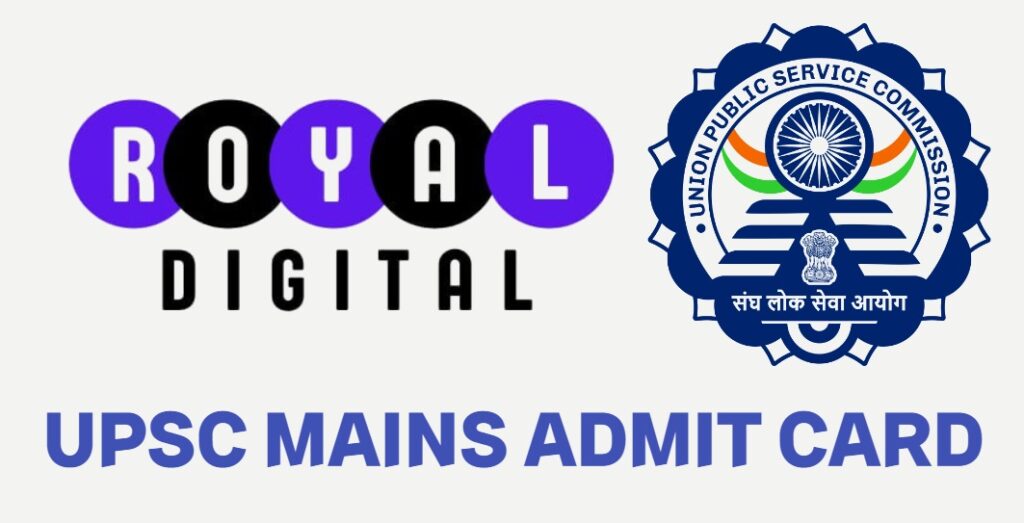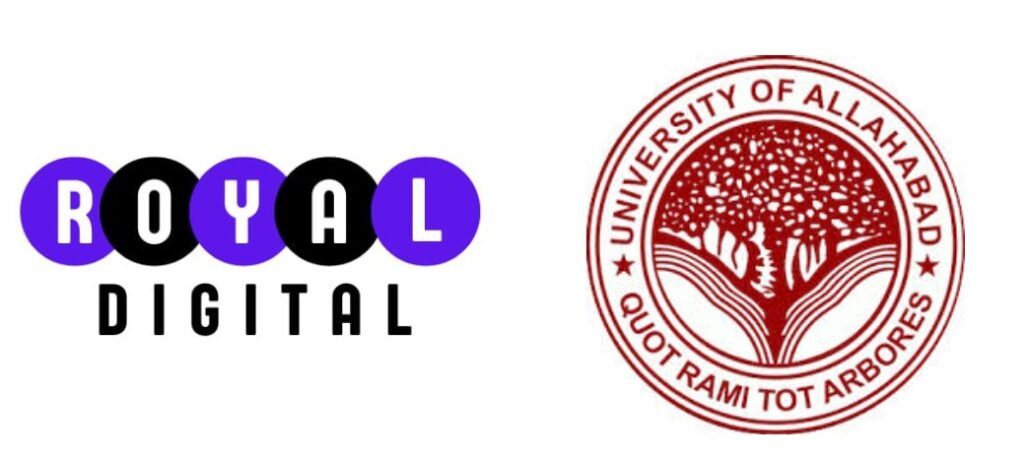The Council of Scientific & Industrial Research (CSIR) and the National Testing Agency (NTA) have announced the CSIR UGC NET/JRF Exam December 2024 Notification. Candidates interested in the CSIR UGC NET December 2024 Exam can submit their applications online from December 9, 2024, to December 30, 2024. For details on eligibility, subject information, required documents, age limits, application procedures, and other essential information, please refer to the official notification.
CSIR UGC NET December 2024 Important Dates
| Event | Date |
|---|---|
| Application Begin | 09/12/2024 |
| Last Date for Apply Online | 30/12/2024 |
| Pay Exam Fee Last Date | 31/12/2024 |
| Correction Date | 01-02 January 2025 |
| Exam Date | 16-28 February 2025 |
| Admit Card Available | Before Exam |
| Result Declared | Notified Soon |
Application Fee
| Category | Fee |
|---|---|
| General / EWS | ₹1150/- |
| OBC | ₹600/- |
| ST / SC | ₹325/- |
Age Limit (As on 01/02/2025)
| Category | Age Limit |
|---|---|
| JRF Only | Maximum 30 Years |
| Lectureship (LS) / Assistant Professor | No Age Limit |
CSIR UGC NET December 2024 Subjects & Eligibility
| Subject | Eligibility |
|---|---|
| Chemical Science | M.Sc / Equivalent Degree with 55% Marks for General / OBC. 50% Marks for SC / ST / PH Candidates. Integrated Course, B.E / B.Tech / B.Pharma, and MBBS Candidates Are Also Eligible. |
| Earth, Atmospheric, Ocean and Planetary Science | Same as above. |
| Life Science | Same as above. |
| Mathematical Science | Same as above. |
| Physical Science | Same as above. |
CSIR UGC NET Exam Pattern and Syllabus
The CSIR UGC NET Exam is conducted to determine the eligibility of candidates for Junior Research Fellowship (JRF) and Lectureship/Assistant Professor roles in Indian universities and colleges. It covers five key subjects and follows a specific pattern.
Exam Pattern
The CSIR UGC NET Exam is conducted in Computer-Based Test (CBT) mode. The details of the exam pattern are as follows:
General Structure
- Type of Questions: Objective Type (Multiple Choice Questions)
- Number of Sections: 3 parts (A, B, and C)
- Total Marks: Varies by subject (200 marks maximum for each subject)
- Duration: 3 hours
- Negative Marking: Applicable for wrong answers in some sections.
Parts of the Exam
Part A (Common for All Subjects)
- Focus: General Aptitude (Logical Reasoning, Analytical Ability, Numerical Ability).
- Marks Allocation: 20 marks.
Part B (Subject-Specific Questions)
- Focus: Covers basic topics related to the subject.
- Marks Allocation: Varies by subject (around 70 marks).
Part C (Advanced Subject-Specific Questions)
- Focus: High-level questions involving the application of scientific concepts and reasoning.
- Marks Allocation: Varies by subject (around 100 marks).
Syllabus
1. Chemical Sciences
- Topics:
- Inorganic Chemistry: Periodic Table, Chemical Bonding, Main Group Elements, Coordination Chemistry.
- Physical Chemistry: Thermodynamics, Quantum Chemistry, Electrochemistry, Surface Chemistry.
- Organic Chemistry: Reaction Mechanisms, Stereochemistry, Organic Synthesis, Natural Products.
- Recommended Books:
- Physical Chemistry by P. W. Atkins
- Organic Chemistry by Clayden, Greeves, Warren, and Wothers
2. Life Sciences
- Topics:
- Molecules and Their Interaction with Biology: Biomolecules, Enzymes, and Metabolism.
- Cellular Organization: Cell Membrane, Cell Signaling, Cytoskeleton.
- Genetics: Mendelian Inheritance, Gene Mapping, Human Genetics.
- Ecology and Evolution: Population Ecology, Natural Selection, Phylogenetics.
- Recommended Books:
- Molecular Biology of the Cell by Alberts
- Principles of Genetics by Snustad & Simmons
3. Earth, Atmospheric, Ocean, and Planetary Sciences
- Topics:
- Earth Science: Geology, Mineralogy, Sedimentology.
- Atmospheric Science: Weather Systems, Climate Change.
- Ocean Science: Physical Oceanography, Marine Geology.
- Planetary Science: Solar System, Planetary Atmospheres.
- Recommended Books:
- Essentials of Geology by Marshak
- Atmosphere, Ocean, and Climate Dynamics by Marshall and Plumb
4. Mathematical Sciences
- Topics:
- Algebra: Groups, Rings, Fields.
- Analysis: Real and Complex Analysis, Metric Spaces.
- Linear Algebra: Matrices, Eigenvalues, Eigenvectors.
- Numerical Analysis and Statistics: Probability, Hypothesis Testing, Numerical Integration.
- Recommended Books:
- Linear Algebra Done Right by Sheldon Axler
- Principles of Mathematical Analysis by Rudin
5. Physical Sciences
- Topics:
- Classical Mechanics: Newtonian Mechanics, Lagrangian and Hamiltonian Formalism.
- Quantum Mechanics: Operators, Schrödinger Equation, Angular Momentum.
- Electromagnetic Theory: Maxwell’s Equations, Wave Propagation.
- Thermodynamics and Statistical Mechanics: Laws of Thermodynamics, Ensembles.
- Recommended Books:
- Introduction to Electrodynamics by Griffiths
- Quantum Mechanics by Cohen-Tannoudji
Important Tips for Preparation
- Understand the Exam Pattern: Familiarize yourself with the weightage of each section.
- Focus on Part C: This section requires an in-depth understanding and application of concepts.
- Solve Previous Year Papers: Analyze question trends and difficulty levels.
- Time Management: Practice mock tests to complete the exam within the allotted time.


